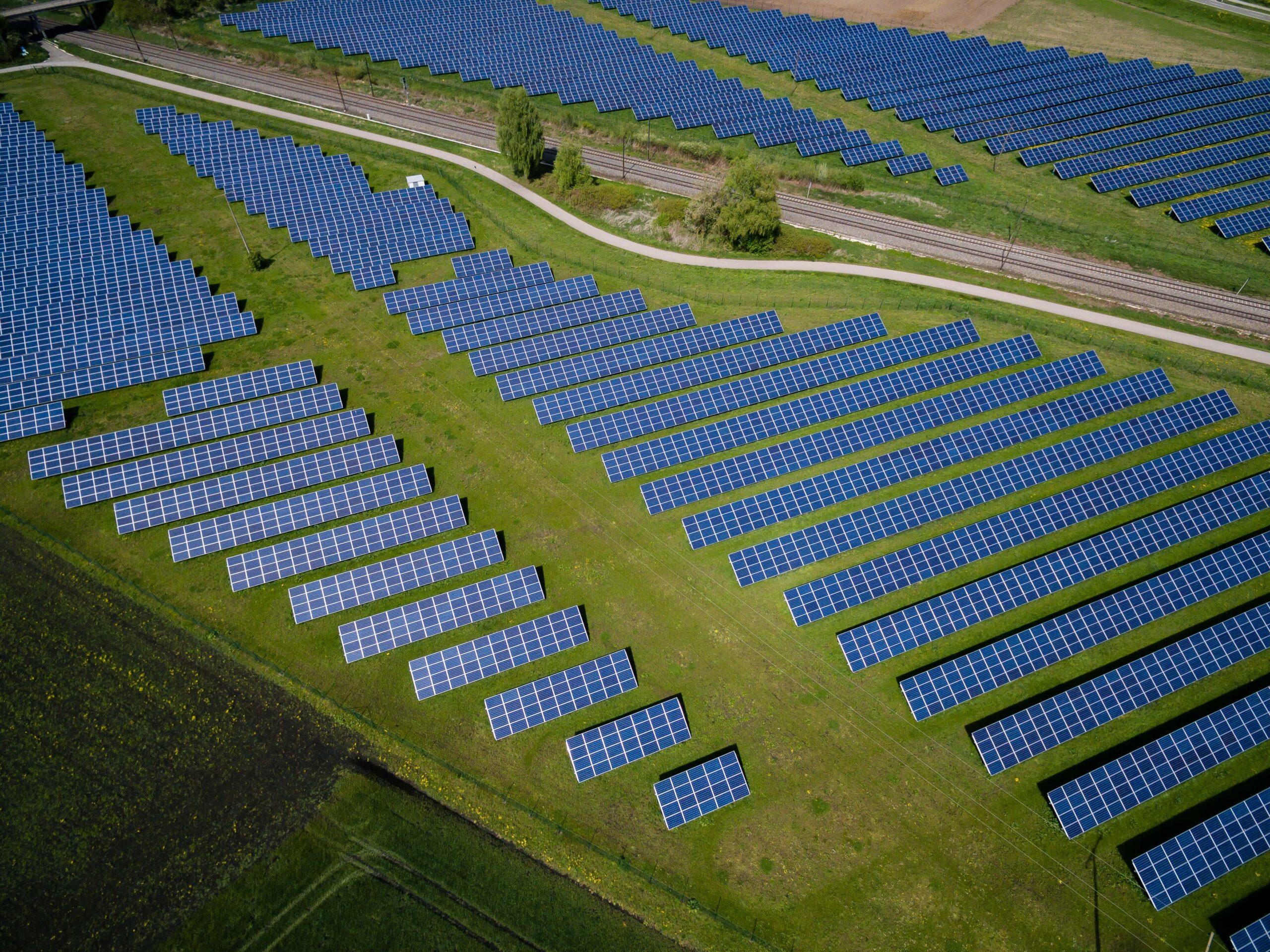
Solar power is rapidly becoming one of the most significant sources of renewable energy worldwide, especially in India. With growing energy needs and environmental concerns, solar energy is stepping forward as the ideal solution for a sustainable future. In 2025, India has intensified efforts, pushing solar installations and encouraging public participation through subsidies and incentives.
Renewable Solar Energy: Key Benefits (2025)
Solar energy offers several compelling benefits, making it highly attractive in 2025:
1. Cost Efficiency
The cost of solar energy has significantly dropped. The Ministry of New and Renewable Energy (MNRE) reported that solar energy is now cheaper than fossil fuels in many Indian states, making it accessible for residential and commercial use.
2. Environment-Friendly
Solar power drastically reduces carbon footprints. It generates electricity without harmful emissions, greatly contributing to India’s climate goals and cleaner air.
3. Energy Independence
Using solar panels reduces dependency on traditional energy sources like coal and gas, which fluctuate in price and availability, allowing homes and businesses to control their electricity generation.
4. Employment Opportunities
Solar industry growth is creating numerous jobs in India, especially in installation, maintenance, manufacturing, and sales. According to MNRE, the solar sector created over 2 lakh jobs in India by 2025.
Practical Uses of Solar Energy in India
Solar energy’s versatility makes it ideal across several applications:
1. Residential Rooftop Systems
Homes across India are adopting rooftop solar panels for daily electricity needs, significantly cutting down monthly electricity bills. Government schemes, like PM Surya Ghar Yojana, make rooftop solar panels affordable with subsidies up to 40%.
2. Commercial & Industrial Applications
Indian businesses increasingly use solar power for manufacturing, offices, and warehouses. Industrial solar installations help reduce operational costs, enhance sustainability, and improve brand image by reducing emissions.
3. Agricultural Uses
Farmers are benefiting immensely through solar-powered irrigation systems and water pumps, facilitated by schemes like KUSUM Yojana. This reduces reliance on grid electricity, cuts energy costs, and boosts rural livelihoods.
Latest Trends & Developments in Solar Energy (2025)
Solar energy has witnessed rapid developments in recent years. Here are the key solar trends shaping India’s renewable landscape in 2025:
1. Increased Adoption of Solar Battery Storage
More consumers and businesses are investing in battery storage systems, enhancing energy reliability and allowing electricity use during nighttime or cloudy days. Lithium-ion and advanced battery technologies are gaining popularity due to increased affordability.
2. Expansion of Solar Parks
India continues to expand massive solar parks, particularly in states like Rajasthan, Gujarat, and Andhra Pradesh. The world’s largest solar park, Bhadla Solar Park in Rajasthan, now generates approximately 2.2 GW of clean power.
3. Technological Innovations
New advancements like bifacial solar panels (panels producing energy from both sides) and floating solar installations (set up on water bodies) increase efficiency and maximize energy production, even with limited space.
4. Government Policies and Incentives
Government initiatives such as nationwide net-metering policies and simplified subsidy applications encourage individuals and businesses to adopt solar energy faster, driving higher installation rates.
Conclusion:
Renewable solar energy isn’t just beneficial—it’s essential for India’s sustainable future. With falling prices, government subsidies, and new innovations, solar energy clearly offers a pathway towards energy independence, environmental responsibility, and economic growth in India.
Frequently Asked Questions (FAQ)
What is renewable solar energy?
Renewable solar energy is energy generated from the sun using photovoltaic (PV) panels or solar thermal systems. It’s sustainable, clean, and doesn’t deplete natural resources—making it a key player in India’s renewable energy mission.
How much does solar energy cost in India?
As of 2025, the cost of solar energy in India has significantly dropped. Residential solar systems typically range from ₹40,000 to ₹70,000 per kW after subsidies. The exact price depends on panel quality, inverter brand, and installation location.
Are there government subsidies for solar in India in 2025?
Yes, under the MNRE (Ministry of New and Renewable Energy), the Indian government offers up to 40% subsidy on rooftop solar systems for residential users in 2025. States may also provide additional incentives.
Is solar energy worth it for Indian homes?
Absolutely! Solar energy helps you cut down on electricity bills, gain energy independence, and reduce your carbon footprint. With subsidies and falling installation costs, it’s one of the best investments for homeowners today.
Can I install solar panels myself?
While small DIY kits are available, it’s highly recommended to hire certified professionals for residential installations to ensure proper setup, grid connection, and eligibility for subsidies.

